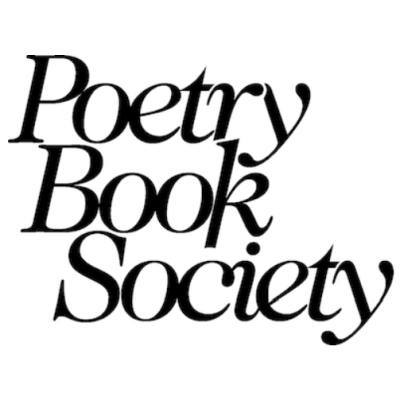Viaduct
Daughter
When I was little
I spoke to the stones
in my aunt’s garden:
cool, mille-feuille slate—
the heavy-bottomed boulders
who whispered back
about weight and patience,
the folly of water.
I put my hands on the stone
and listen to its breathing:
water vapour and rust,
the cold coming into my palm
as if my hands might find and hold
a knowledge I can’t anymore.
I’ve seen photographs of its construction:
faces in half-light, sleeping shacks
named for the bible and Crimean victories
as if naming your roof Jericho or Balaklava
could undo some of the cold
coming out of the floor, from inside the rain.
I want to find the sore places,
where its weaknesses are:
under the plastic information point
with its history written in imperial feet,
find what’s underneath the six-inch stud collars,
the steel bones and the mathematics needed to hold
train tracks, signal lights, fully-automated levers
overhead like it was something utterly ordinary.
I don’t know what kind of touch is needed
for this kind of normal. If I could reach inside,
find names for all the broken ferns
and the small sea-creatures, all the surfaces
weighted into stone I might start to understand
how to knit together the broken chimney pots,
the power lines, the half-built estates and the ring-road
into something I could hold for a moment
and understand. There is something
I keep returning to, keep missing—
I put my hands on the stone and listen
to my own breathing:
dribbling cold gravel
over cold ground.
Mariah Whelan is a writer and PhD student from Oxford. Her writing has appeared in journals and anthologies, been shortlisted for The Bridport Prize, The Melita Hume Prize, won the AM Heath Prize and features in Eyewear’s Best New British and Irish Poets 2018. In her spare time, she directs Oxford Writers’ House, a literary hub in Oxford connecting the city's communities through creative writing. You can find out more about her work at mariahwhelan.com or @MWhelanWriter.
